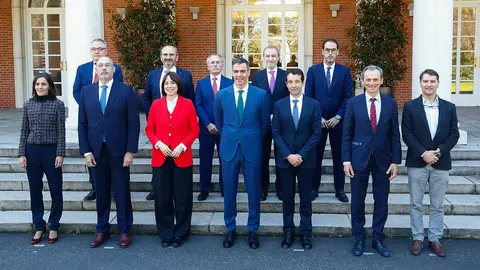The Secretary of State for Trade now reports that Spanish arms exports fell by 8% in 2023
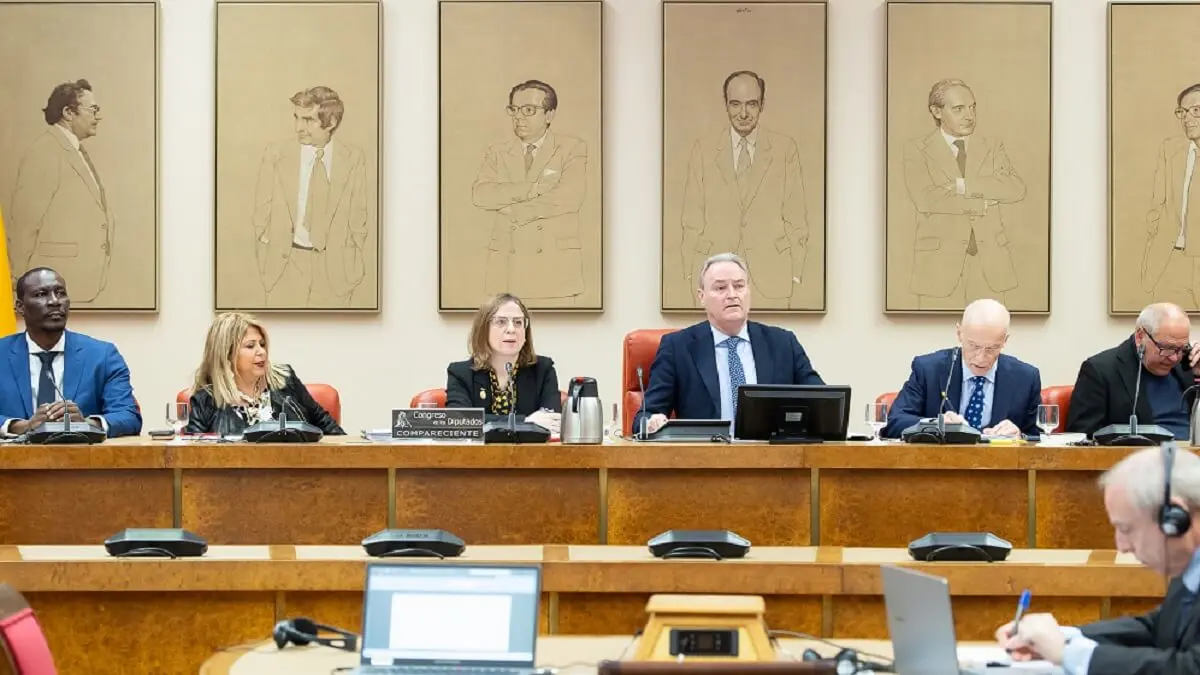
- The four major importers: France, Germany, Saudi Arabia and the United Kingdom
- The verbal report for the year 2023, a cut and paste of the 2022 report
The Secretary of State for Trade, María Amparo López Senovilla, has appeared for the first time before the Defence Committee of Congress to inform the deputies that Spanish exports of armaments and dual-use goods during 2023 amounted to 3,764 million euros, which represents a fall of 8% compared to the figures for 2022, which totalled 4,091.3 million.
A State lawyer and in office since May 2024, her presence in Congress is mandatory on an annual basis. This is established by the Law on the Control of Foreign Trade in Defence Material of December 2007, which also requires the Executive to send information to the Legislature every six months on the economic volume, destination and importance of exports of weapons systems and dual-use material. But, in 2024, López Senovilla ‘did not appear in court...’
... And did not go to Congress until the end of last March, although it was marred by two significant delays. This was to such an extent that the president of the Defence Commission, Alberto Fabra, of the Partido Popular (PP), before giving her the floor, asked for the ‘discontent that many of the party spokespeople have conveyed to me about the delay in submitting the 2023 report’ to be recorded in the Journal of Sessions. And that, when it was sent, it was ‘without the time necessary for the deputies to be able to study the more than 180 pages of the report and thus be able to raise doubts or questions’.
The anger among the representatives of the political parties was such that, in addition to the president's call to order during question time, even the deputy of Esquerra Republicana de Catalunya (ERC), Teresa Jordà i Roura, accused the secretary of state of ‘shame’. In her criticism she agreed with Jon Iñarritu, of Euskal Herria Bildu (EHB), who complained that ‘it is not acceptable that a report dating from 2023, from more than a year ago, should be delivered to us four days in advance’.
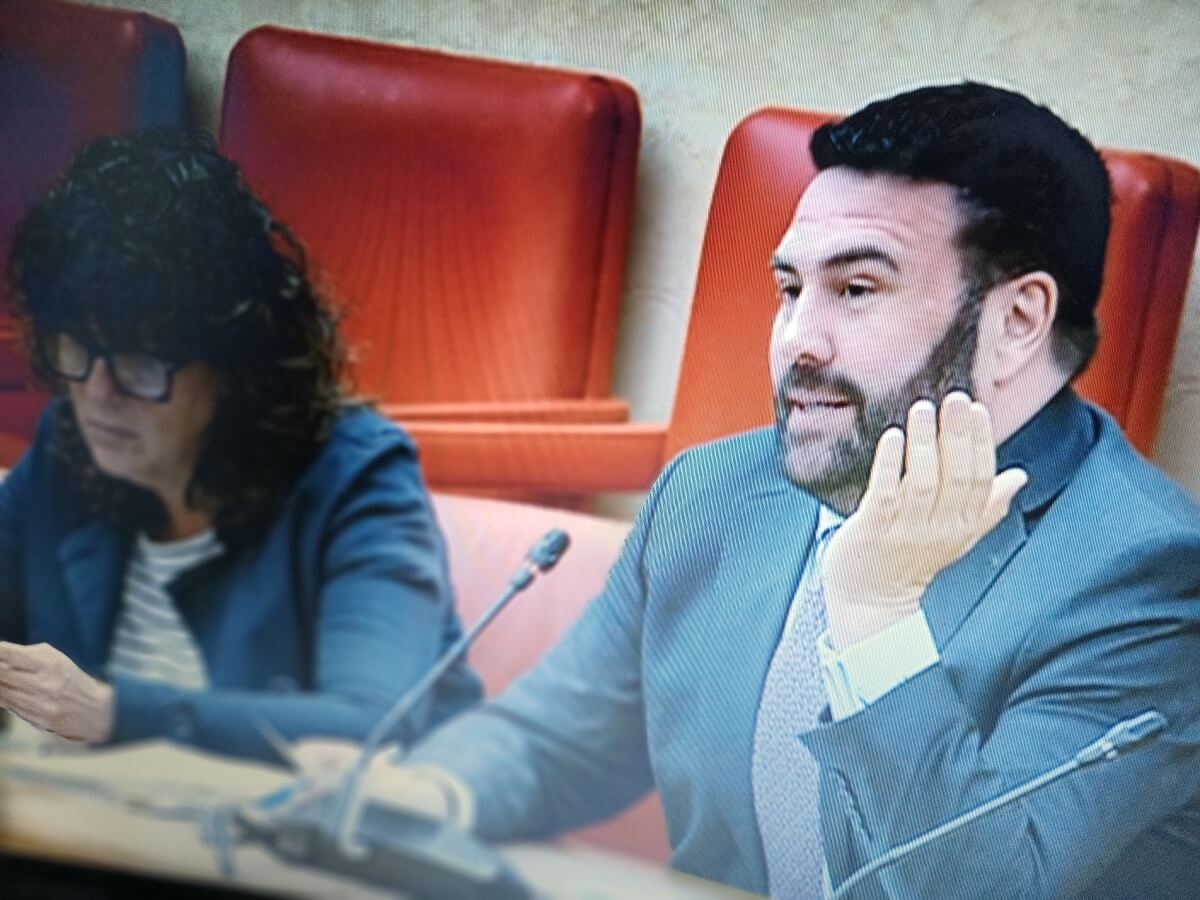
And the fact is that the 2023 report compiling the ‘Spanish statistics on exports of defence material, other material and dual-use products and technologies’ - that's how long its official name is - the draft of which was drawn up by the Sub-Directorate General for International Trade in Defence and Dual-Use Material of the Ministry of Economy headed by Carlos Cuerpo, it was entered in the register of the Secretary General of Congress at 13:34 on Friday 21 March... when López Senovilla's appearance before the Defence Committee was scheduled for Tuesday 25 March at 11:00.
In line with the anger of the ERC and EHB MPs, General Alberto Asarta - a VOX MP - intervened, for whom the delay ‘seems to me to be a lack of respect for the House’. The opinion of the PP deputy, Ricardo Tarno, was similar, describing as ‘unacceptable’ the fact of having received a 184-page report ‘with barely the mandatory 48 hours required by the Regulations’, while accusing the Secretary of State of ‘lack of transparency’ and of trying to hide the report ‘until the last minute’.
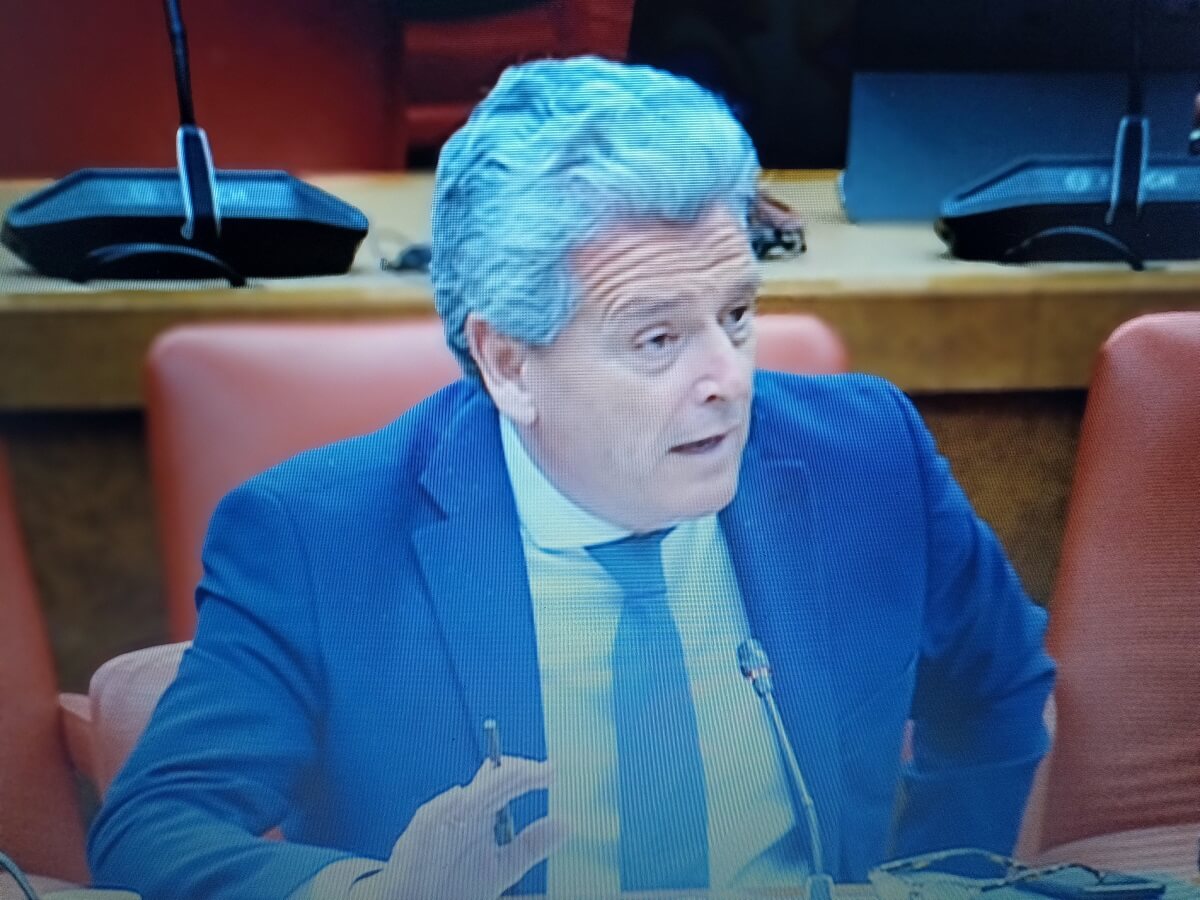
The four major importers: France, Germany, Saudi Arabia and the United Kingdom
López Senovilla emphasised in his speech the Government's strict compliance with the rules governing trade in weapons systems and dual-use equipment. With regard to exports, he emphasised their importance to EU nations, which were worth 1,708.9 million euros, 45.4% of the total 3,764 million, of which 38% was defence material. This economic volume was ‘mainly transfers of products, equipment and technology to ‘France (20.5%), Germany (12.1%) and Italy (1%)’ within the framework of existing defence cooperation programmes.
If we extend the area of coverage and add non-EU but NATO member countries, including the United States and Canada, Spanish exports in 2023 amount to 2,113 million euros, 56% of the total. Although the Secretary of State made no verbal allusion, the written report states that exports to the United Kingdom amounted to 457.8 million (12.2%), a figure particularly influenced by the purchase of barges, parts and spare parts for the British family of Ajax tracked combat vehicles, which Santa Bárbara Sistemas manufactures in its factories in Trubia, 12 kilometres from Oviedo, the capital of the Principality of Asturias, and Alcalá de Guadaira, some 17 kilometres from Seville.
In the defence cooperation programmes in which Spain participates within NATO, the European Defence Agency or OCCAR, the report shows that exports reached 389.02 million. The main customer was Germany (175.26 million) which acquired aerostructures, components, spare parts and electronic equipment for the Tiger combat helicopter, the A400M transport aircraft, the MRTT air-to-air refuelling aircraft and the Eurofighter fighter, as well as combat systems for submarines and 155 and 105 millimetre artillery rounds.
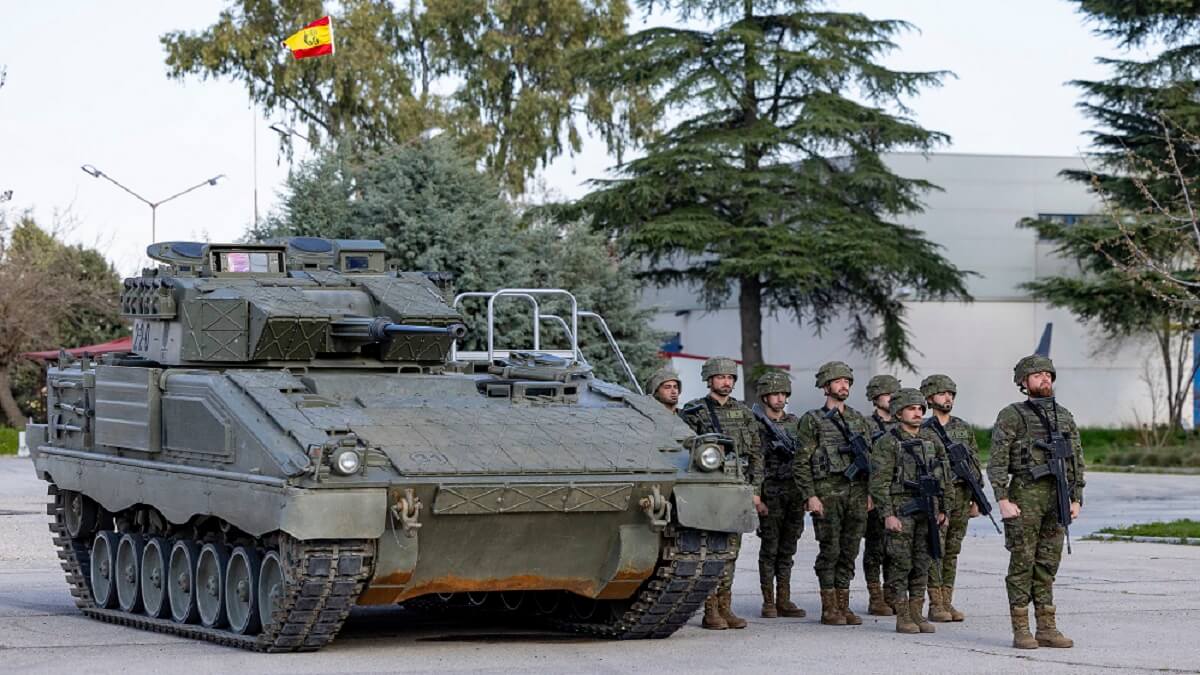
The UK government has also acquired Spanish equipment as part of European cooperation initiatives. The UK Ministry of Defence runs various programmes with different EU countries, including Spain. By 2023, the value of these programmes had risen to 126.86 million euros, mainly in aerostructures and components manufactured by national companies for the Eurofighter, the A400M and the Meteor air-to-air missile.
The total amount of sales to nations that do not belong to the EU or NATO stands at 1,444 million euros, which represents 38% of the total. The main contractor for Spanish industry throughout 2023 was Saudi Arabia, which imported two Avante 2200 corvettes from the state-owned shipyard Navantia and other services worth 562 million euros, no less than 14.9% of the total turnover for 2023.
López Senovilla wanted to emphasise that, by product category, Spain's sales in 2023 ‘are concentrated in the “aircraft” chapter, with 2,202.9 million euros, which represents 58.5% of the total 3,764 million euros in exports. This means that more than half of Spanish defence systems exported abroad are complete aircraft - A400M, MRTT and the commercial success of the C295 tactical and multi-purpose transport - or aerostructures for helicopters or fixed-wing aircraft, which emphasises the importance of the different production plants of Airbus, Aernnova, Aciturri and CESA in Spain.

The verbal report for the year 2023, a cut and paste of the 2022 report
The 2023 report presented to the Defence Committee of Congress at the end of March had as an addendum the data on exports carried out in the first half of 2024 which, according to the Secretary of State, ‘are the most up-to-date we have today’. Defence equipment was valued at 1.976 billion euros, which represents ‘an increase of nearly 13% compared to the same half of 2023’. In the products chapter, aircraft and their equipment once again occupied first place, totalling 1.339 billion euros - almost 70%- while deliveries to EU countries totalled 1.212 billion, 61% of the half-yearly total.
Something that seems to have gone unnoticed by the members of the Defence Committee is that the appearance of Amparo López Senovilla is practically a cut and paste of the words of her predecessor in the post from two years ago. Xiana Méndez, a commercial technician and State economist and head of Trade between 2018 and 2024, last spoke before the Defence Committee on 19 March 2023 and began her report for the year 2022 as follows: ‘Before going into detail about the figures, I would like to focus on four aspects which, in my opinion, are the most relevant in these controls. Firstly, that Spain is firmly committed to policies aimed at the effective control of foreign trade in defence material and dual-use products and technologies’.
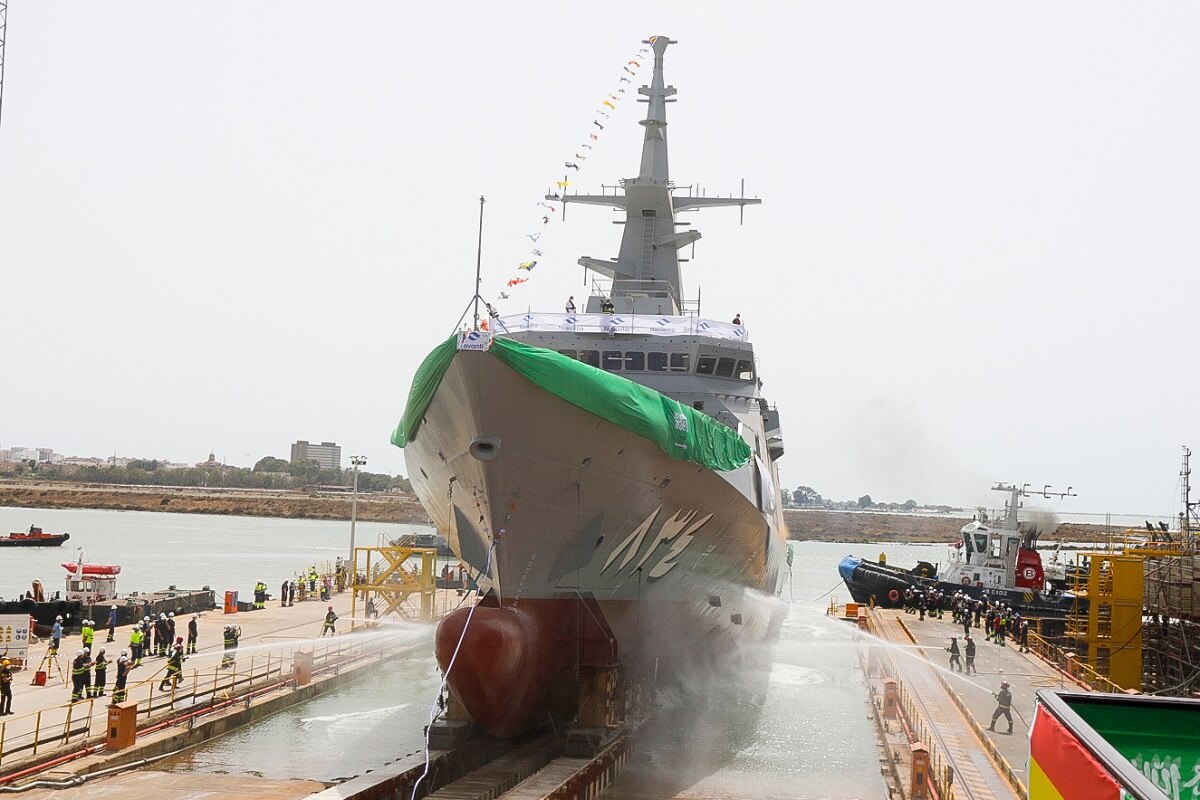
A couple of weeks ago, the state attorney and current Secretary of State for Trade began her presentation of the 2023 data with the following words: ‘Before going into detail about the export figures, allow me, ladies and gentlemen, to highlight four aspects that, in my opinion, are relevant in these controls. Firstly, Spain is firmly committed to foreign trade control policies regarding defence and dual-use products or technologies’.
Another example of the many that can be provided. Xiana Méndez said in March 2023: ‘Ladies and gentlemen, moving on to the subject matter and the analysis of this report, the improvements introduced in 2021 have been maintained, that is to say, the dates of the JIMDDU meetings, the dates of the refusals and, in an annex to the report, a comparative analysis with previous years of the evolution of exports. Before entering into the specific analysis of the data, allow me to refer to a specific point, which is the application of the new ‘ex post’ verification instrument.’
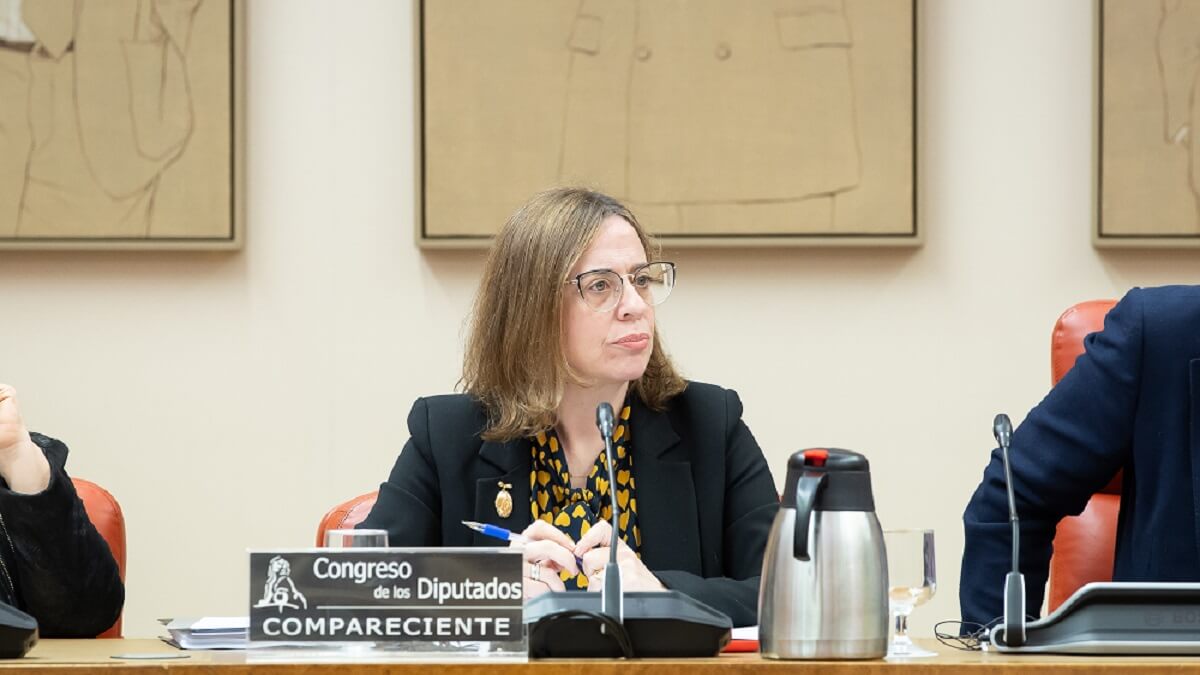
And Amparo López Senovilla said on 25 March 2025: ‘Ladies and gentlemen, turning now to the subject matter and the analysis of this report, the recommendations and improvements already introduced in 2021 have been maintained, that is to say, the incorporation of the dates of the JIMDDU meetings, the dates of the refusals and, in an annex to the report, a comparative analysis with previous years of the evolution of exports. Before entering into the specific analysis of the data, allow me to refer to a specific point, which is the application of the new ‘ex post’ verification instrument. And so, one cut and paste after another, except for the updating of figures and percentages and the details of exports.
But what is JIMDDU? It is the acronym for the Interministerial Regulatory Board for Foreign Trade in Defence and Dual-Use Material, the collegiate body responsible for evaluating applications for export licences. Chaired by the Secretary of State for Trade, it is attached to the Ministry of Economy, Trade and Enterprise, in which the Ministries of Foreign Affairs, Defence and Industry are represented, as well as the National Intelligence Centre, the Customs Department of the State Tax Administration Agency, the Department of National Security and the Directorates General of the Police and Civil Guard. From such a wide range of perspectives, the analysis of requests is exhaustive, and they are approved or rejected by means of a mandatory and binding report.


